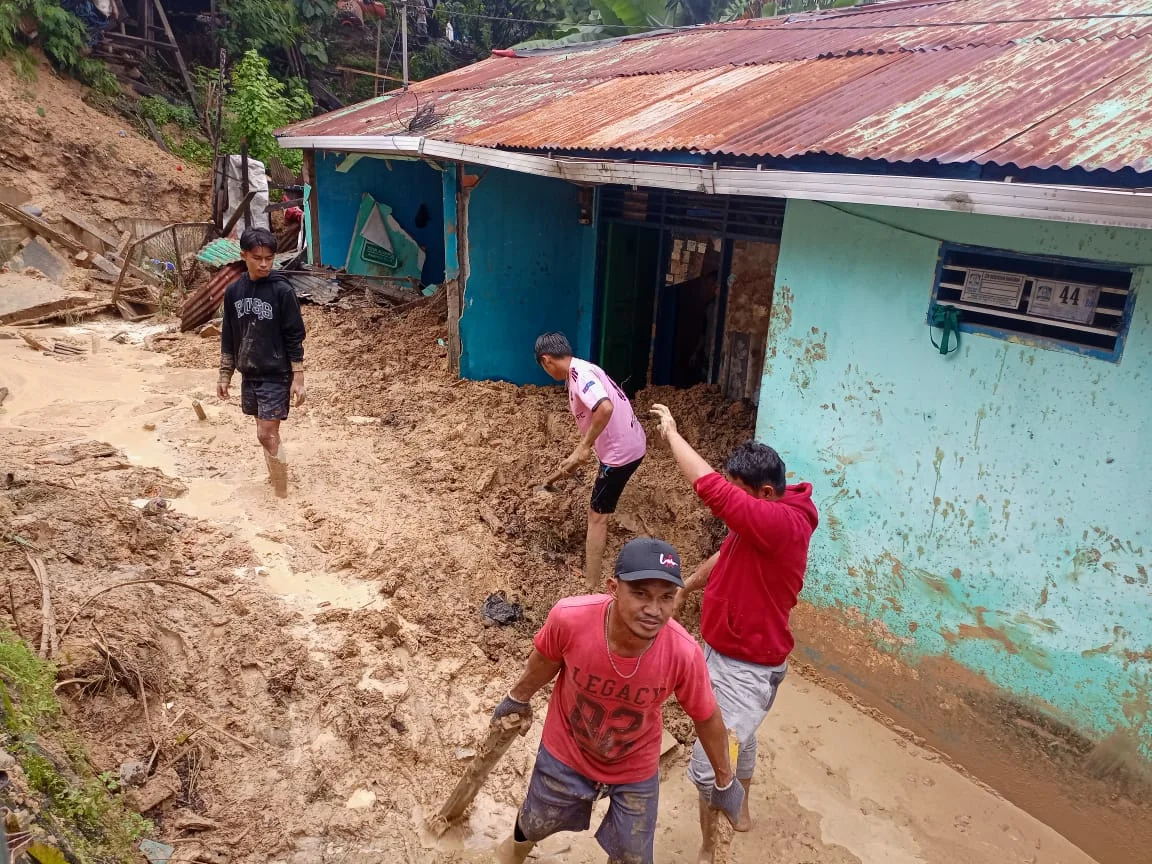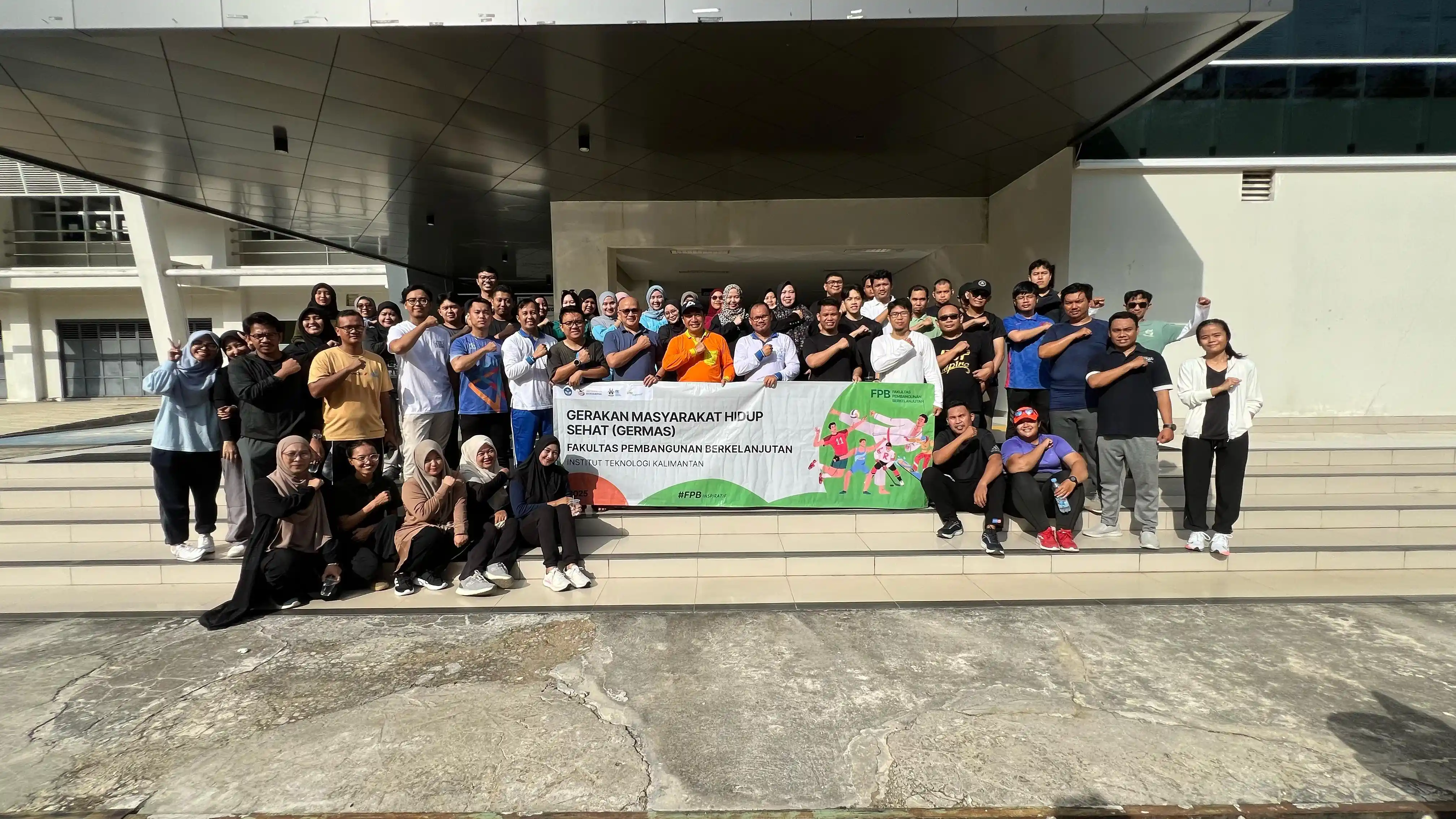Detail Berita
Unveiling the Landslide Potential in North Balikpapan: A Crucial Study for Disaster Mitigation

Isi Artikel
North Balikpapan, a rapidly developing district, faces a serious threat in the form of increasingly frequent landslides each year. This phenomenon has become a major concern due to its significant impact on the safety of residents and local infrastructure. Andi Aschar, a student from the Urban and Regional Planning program, conducted a study to identify landslide-prone areas in North Balikpapan and to understand the physical factors that contribute to these occurrences.
The study revealed that slope gradient is the most dominant factor triggering landslides, with a weight of influence of 44.6%. Other influential factors include land cover, which contributes 28.1%, followed by soil type, rainfall, and geological conditions. In his research, Andi Aschar applied overlay analysis methods to map areas with varying levels of vulnerability. The results indicated that the moderate vulnerability class dominates the developed areas, which necessitates more attention in future regional planning.
The study also involved a hotspot analysis to identify locations frequently affected by landslides. When these results were compared with the generated vulnerability model, a correlation of 52.6% was found, indicating a moderate relationship between the model and actual landslide events. This suggests that the model is sufficiently accurate to be used as a guide in disaster mitigation and planning.
The findings of this study provide important insights for policymakers and the community. Understanding that slope gradient and land cover are the main factors influencing landslides allows mitigation efforts to focus on better land management, such as reforestation in vulnerable areas and controlling development in steep regions.
Andi Aschar's research serves as a strong foundation for better planning in North Balikpapan. However, this is only the first step. Further research is needed to examine other factors and dynamic variables that may influence landslide vulnerability, such as climate change and human activities.
With a deeper understanding, it is hoped that mitigation efforts can be carried out more effectively, minimizing risks and ensuring the safety of the community and the sustainability of infrastructure in North Balikpapan. For residents, awareness of potential hazards and preventive actions is also key to facing the threat of landslides in the future.
Isi Artikel
Tags
Student Research Research Balikpapan DisasterTags
Student Research Research Balikpapan DisasterBerita Terbaru
 News
News
Faculty of Sustainable Development Holds GERMAS with Ling Tien Kung Exercise
ITK's Faculty of Sustainable Development successfully held a Healthy Living Community Movement (GERMAS) event featuring Ling Tien Kung therapeutic exercises, attended by campus leaders, demonstrating a commitment to building physically and mentally health
.webp) Diktisaintek Berdampak
Diktisaintek Berdampak
Zaky Dio Akbar Pangestu's internship at Ozy Games showcases an ITK student leading the development of "Dunia Sebrang," a survival horror game that innovatively blends Kalimantan mythology with advanced gameplay, while honing his managerial and technical s
.webp) Achievement
Achievement
ITK Students Win 3rd Place in Appropriate Technology Innovation Contest with “SCANOT” Supercapacitor
Two Chemical Engineering students from the Institut Teknologi Kalimantan (ITK) have successfully brought home the 3rd Place award at the Appropriate Technology Innovation (TTG) Competition held at the Balikpapan Utara District level.

.webp)
.webp)